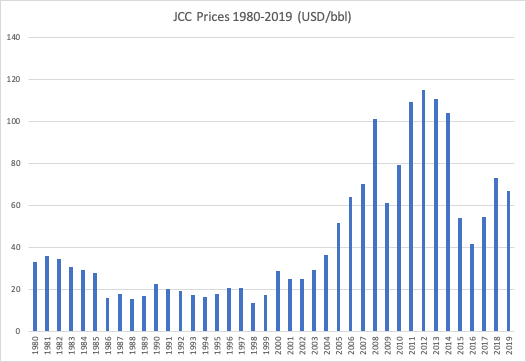JPMorgan's Jamie Dimon Cautions on Potential U.S. Economic Decline

In a recent statement made during a Morgan Stanley conference, Jamie Dimon, the Chief Executive Officer of JPMorgan Chase & Co., expressed concerns about the U.S. economy's trajectory, suggesting that it may soon face a downturn. Dimon, who has led JPMorgan since 2006, noted that while the economy has experienced growth in total employment and consumer spending, the impacts of pandemic-era government spending and monetary policies are diminishing, leading to vulnerabilities that could result in a deterioration of economic conditions in the upcoming months.
Dimon's comments came on June 10, 2025, amid a backdrop of mixed economic signals. According to recent data from the U.S. Bureau of Labor Statistics, job growth and inflation have both slowed in May 2025, raising alarms among economists and business leaders. Dimon stated, “I think there’s a chance real numbers will deteriorate soon,” indicating that the economy's current “soft landing” may become weaker as time progresses.
The JPMorgan CEO emphasized that both consumers and businesses tend to misinterpret economic inflection points, suggesting that the recent decline in consumer and business confidence, exacerbated by the Trump administration's tariff policies, does not necessarily predict an impending recession. However, he acknowledged that employment levels would likely decrease slightly and inflation could rise marginally, stating, “Hopefully, it’s just a little bit.”
Dimon also highlighted a significant factor contributing to economic instability: the decrease in immigration. This decline, according to Dimon, complicates the labor market further and could exacerbate the economic situation.
In his analysis, Dimon raised concerns regarding the burgeoning private credit market, which has attracted significant interest on Wall Street. He noted that while banks often navigate these deals by moving them off their balance sheets, the risks for investors seeking long-term returns are fundamentally different. “Do I think that now is a good time to buy credit if I was a fund manager? No. I wouldn’t be buying credit today at these prices and these spreads,” he cautioned.
The implications of Dimon’s forecast extend beyond mere speculation; they reflect an underlying apprehension within the financial sector about the sustainability of current economic growth. As the effects of prior fiscal stimulus wane, policymakers and business leaders alike may need to recalibrate their strategies to navigate a potentially more turbulent economic landscape.
Economists such as Dr. Linda Harper, an Associate Professor of Economics at New York University, concur with Dimon’s assessment. In her recent study published in the Journal of Economic Perspectives (2025), she argues that the fading effects of fiscal stimulus could lead to a contraction in economic activity, particularly if inflationary pressures continue to build. Harper states, “The current economic environment is precarious; we must prepare for various scenarios, including a downturn.”
Moreover, the World Bank’s latest economic outlook report, released in April 2025, projects modest growth for the U.S. economy but acknowledges significant risks due to inflationary pressures and geopolitical uncertainties. The report emphasizes the need for robust economic policies to mitigate risks associated with private credit markets, which could pose systemic threats if left unchecked.
As the financial landscape evolves, the perspectives of leaders like Dimon will be critical in shaping responses to emerging economic challenges. Stakeholders across sectors are advised to remain vigilant and adaptive to the shifting dynamics of the economy, ensuring preparedness for both growth opportunities and potential downturns.
Advertisement
Tags
Advertisement





